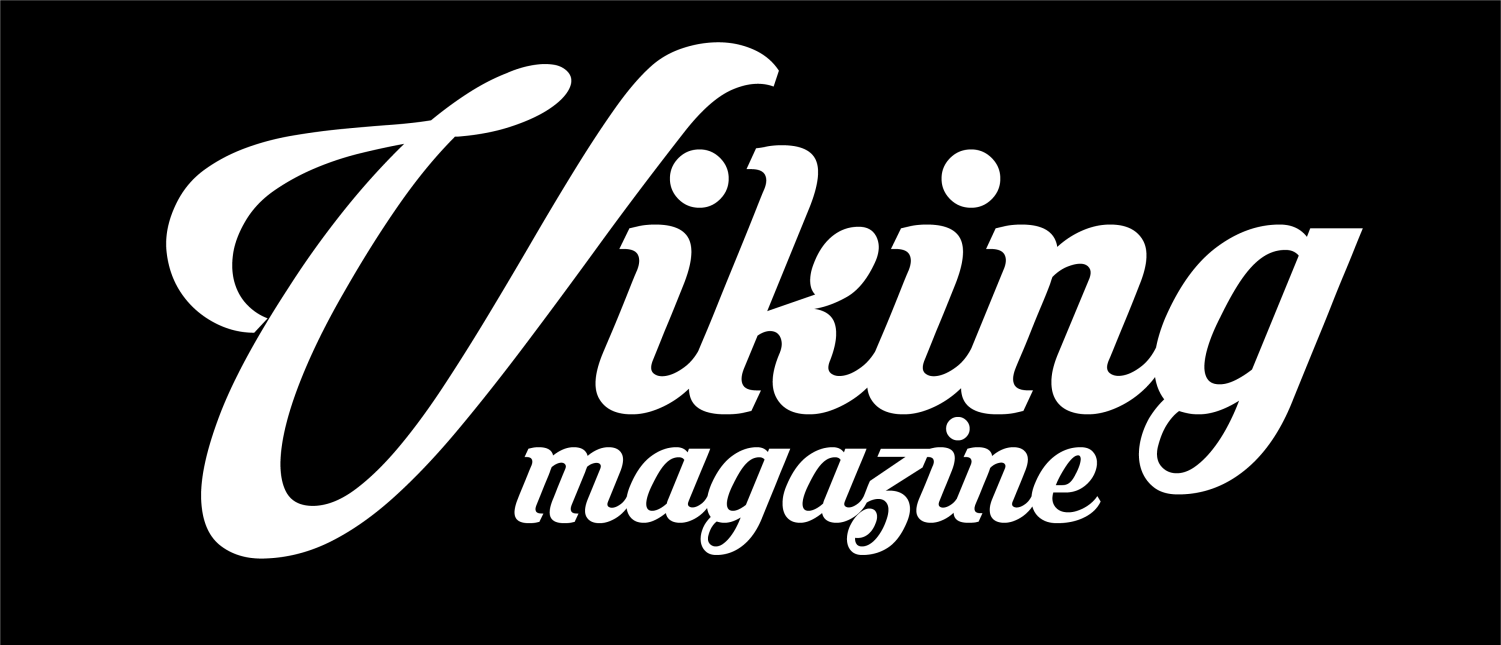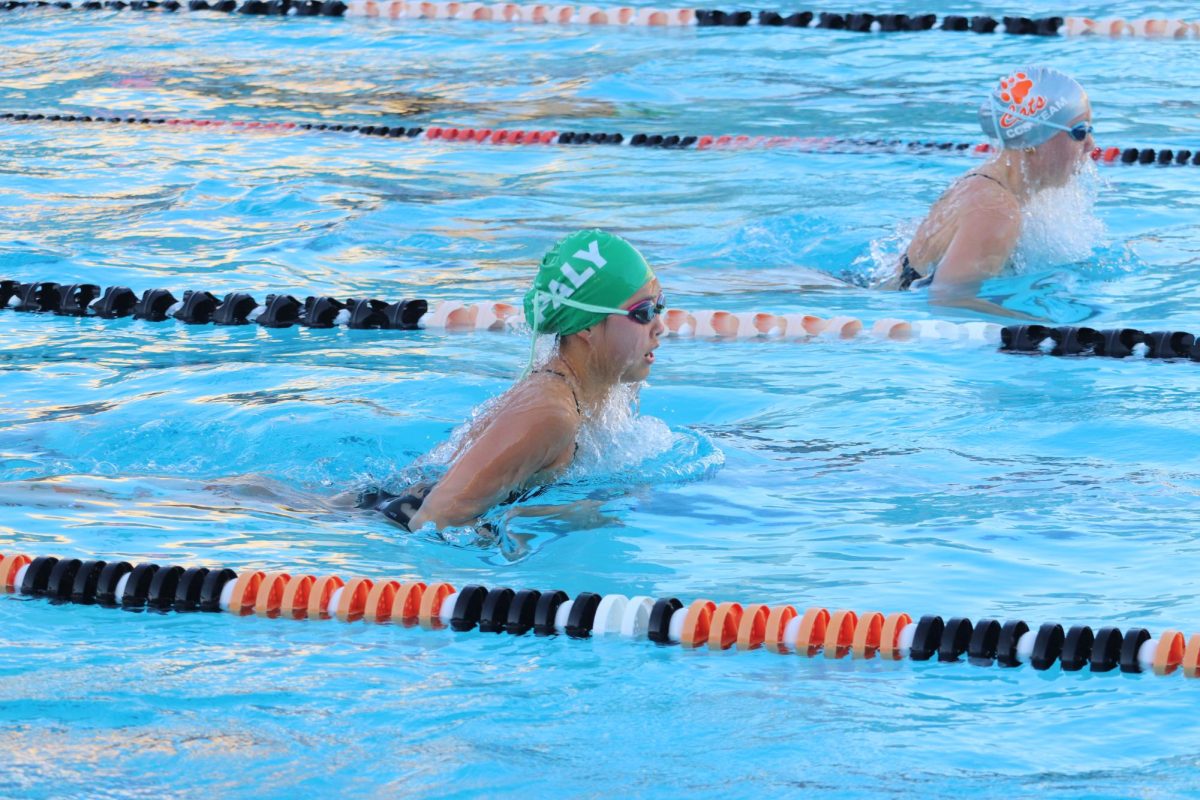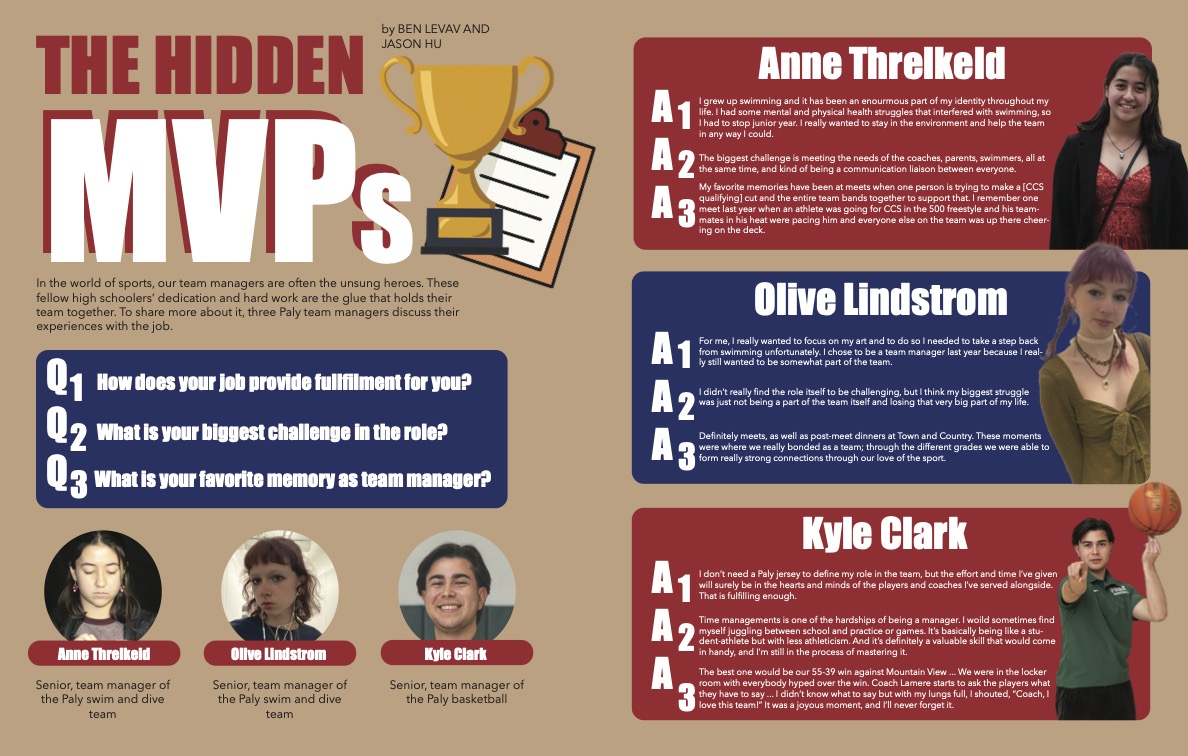Writing Many Wrongs
November 2, 2016
The sports industry is constantly adapting and changing to society’s standards. Recently there are more female analysts and journalists covering the same sports games as men. When women go to cover the games, they get unnecessary attention and comments that men would not normally get if they were covering the games.
According to an ESPN article, “Death to Locker Room Access,” locker room interviews after games have been a strong component for sportswriters to gather information. However, when women go into a locker room after a game, they can be treated like an object for the players to prey on rather than a professional sportswriter. According to the same article, some fans have also acted inappropriately through attacking these women via Twitter.
Another article on USA Today titled, “Men Read Terrible Tweets to Females Sportswriters in Eye-opening PSA,” shows Chicago-based radio anchor and Sports Illustrated contributor Julie DiCaro and ESPN reporter Sarah Spain as victims of tweets that male fans have posted online. The tweets that these reporters received were not only rude, but also contained death threats. Initially, the tweets from discontent fans ridiculed Spain for sounding similar to a “nagging wife” and stating that DiCaro is a “run of the mill beat writer.” However, the tweets soon turned more abusive and discriminatory, saying that the reporters should get “hit in the head with a hockey puck and killed” and others mentioned that these writers should be Bill Cosby’s next victim.
One tweet reads, “One of the players should beat you to death like the whore you are.” Many of these tweets say things that are sexist and talk about how men should rape them.
Aside from the vicious tweets online, the players have also been involved with misconduct in person. According to a Sports Illustrated article titled, “Sexual Harassment toward Female Sportswriters is Far too Common,” just last year a baseball player pulled his pants down after his game and enticed a female journalist to turn around and look at his penis. Another player would continually flirt with the reporter at the venue and this eventually escalated to calling her hotel room asking if she wanted to watch a movie with him. When the reporter declined these advances, the player would not speak to her on a professional-level for several months after the incident.
Another incident described in the article was with the same female reporter, describing the actions between her and an National Hockey League player. The player had told the reporter that one of his teammates was telling the team she had slept with him and the player wanted to clarify if the rumor was true. Since there was no ‘paper trail,’ the reporter had no evidence to prove that the situation was in fact false.
Female sportswriters are just trying to do their job, and do not deserve to be sexually harassed for working just as hard as men in their field.
As player misbehavior continues to increase, team employers have begun participating in the discrimination and abusing their power. According to the Sports Illustrated article earlier mentioned, the article claims that employers would ask for a reporter’s phone number and then hand it out to the players. The players would then start calling and texting the reporter and asking her to send pictures to him before games. This inappropriate behavior should not be tolerated in the sports journalism industry. There needs to be higher standards in the expected professional relationships between players and reporters to ensure that the relationships remain strictly work-related.
The same Sports Illustrated regarding sexual harassment, discusses that players’ agents have succumbed to these actions as well on behalf of their clients and also themselves. Sometimes agents will try to shift the conversation from professional to personal, and then begin to make sexual advances; when the situation gets too uncomfortable, the reporter then leaves. These types of situations not only are completely offensive, but also impede on the reporter’s ability to do her job.
Due to traditional sexism in the workplace, there are some lingering effects which cause some players to easily give in to inappropriate behavior. When this does happen, the people who do get penalized are not necessarily the players, but rather the reporters. There continue to be fans that still feel that women do not belong in the sports industry due to their gender. This conflict should not be a representation of how society should look, and in order to progress as a nation we need to properly address these acts of injustice.




